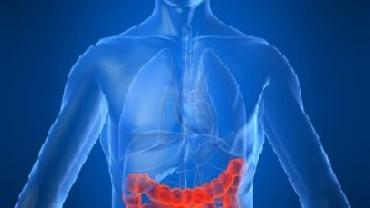
The evidence is making it very clear that there is a strong association between gut health brain function and mood. While it has long been known that stress can wreak havoc with our digestive tract problems in the GI tract can also negatively impact the brain causing anxiety and depression. In other words, what is transpiring in your gut may directly influence central nervous system function influencing neural circuitry and can, therefore, have an effect (positive or negative) on behavior.
The newest research suggests for instance that how your digestive tract evolves in the first few years of life can influence the health of your brain and subsequently your behavior in the future. This hypothesis is predicated upon the way in which a healthy GI floral population positively influences neurons involved in motor control and behavior. In the case of those with overwhelming populations of gut pathogens or gut dysbiosis, it can pave the way for the development of anxiety and depression later in life.
As gut health and gastrointestinal compromise can be a mechanism for the origins of systemic inflammation and autoimmunity and since both inflammation and autoimmune conditions have also been associated with the genesis of mood disorders it is only reasonable to suggest again that an intimate relationship between gut health brain function and mental health exists. As one recent study demonstrates inflammatory bowel disease in animal experiments can have an adverse effect on the hypothalamus by increasing the sensitivity of the HPA axis to stress.
Regarding the inflammatory process and depression, one study went so far as to
suggest that addressing inflammation in new moms could possibly go a long way in helping to prevent the symptoms of postpartum depression. Another study suggested a cause and effect relationship between GI inflammatory/intestinal permeability and the pathogenesis of alcoholism.
As some of the previous studies have established it appears quite irrefutable that there is constant communication between our microbial symbiotic gut inhabitants and ourselves, in this case, our central nervous system through GABA receptors in the vagus nerve.
Probiotics
Taking this discussion a step further could it be that certain human strains of probiotics have a therapeutic effect on mood further emphasizing this special relationship? Several studies have shown that this is indeed the case.
One particular strain Bifidobacterium infantis was shown to significantly influence the stress response by normalizing specific measurements of the HPA axis as well as immune response and cytokine modulation in an interesting model of stress and depression.
Researchers continue to find evidence to support the opinion that the brain which has intimate control of the function of the GI tract through the vagus nerve can directly communicate with the diverse microbiota that makes up the natural bacterial environment of the GI tract. According to one study Since the interactions of microbes with host leads to a complex balance of host genes alteration of microbiota population can cause several metabolic disorders.
This implies the importance of maintaining the health of the digestive system's bacterial micro-environment and the significance of probiotic use.
The profound prospect of the intimate relationship and communication between our gut and brain further brings into focus the importance of maintaining an optimally functioning gastrointestinal tract. This also strengthens the view that perhaps the gastrointestinal system be a priority in the evaluation of new patients which if overlooked or taken for granted may lead us away from an important cause of many chronic diseases.
by Michael Fuhrman D.C.